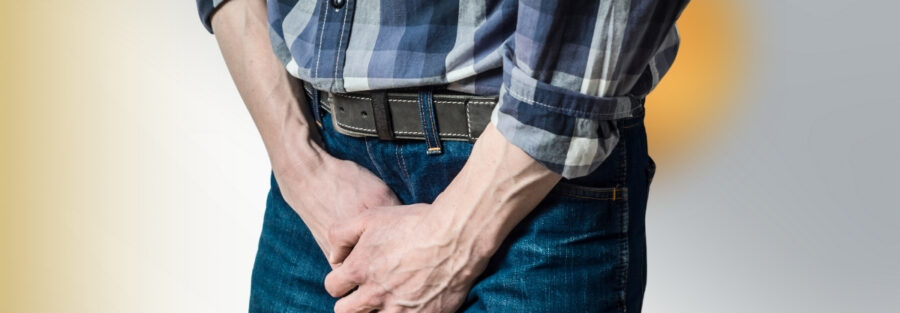Bladder Control Problems in Old Age
Loss of bladder control and treatment is a normal concern for older individuals. When the bladder wall undergoes structural changes in the elastic muscles, its flexibility is first reduced. The inability of the bladder to retain as much urine necessitates more frequent toilet breaks. Alterations in the pelvic floor and muscles lining the bladder wall also affect your ability to empty your bladder smoothly. This implies that bladder incontinence, which happens when you unintentionally urinate without control, can begin sooner than anticipated, according to renowned urologist in Istanbul, Dr. Cem Ipek.
How does the urinary bladder fulfill its function?
A strong, balloon-shaped organ with a hollow interior, the bladder is situated in the lower abdomen. Part of the urinary system, it works along with the kidneys, urethra, and ureters. A full bladder pushes into the abdominal cavity, whereas an empty bladder remains in the smaller pelvis. Maintaining urine production is the primary goal of urine flow, the last step of waste excretion. As our intestines absorb nutrients from our food and drink, we excrete waste and leftover liquids via urine.
Whether your parents or you suffer from nocturia (regular nighttime urination), neurogenic bladder, overactive bladder, stress incontinence, mixed urinary tract problems, overflow urinary tract infection, persistent urination and pressure, or any of the other age-related bladder problems, Istanbul is the best place for treatment.
What are the root causes of bladder control issues in the elderly?
There are a lot of bladder changes that make it harder for people to regulate their urine as they age:
- Less Pressure on the Bladder: The bladder can retain less urine when its elastic tissues contract and lose some of their flexibility.
- Weaker Muscles: Controlling the bladder effectively becomes more difficult with weaker muscles.
- Frequent Urge to Urinate: More frequent involuntary bladder contractions can cause sudden urges.
- Urethral Blocks: These can develop and significantly impact bladder control.
- Pelvic Muscle Weakness: In women, weak pelvic muscles may cause prolapse of the bladder or vagina, worsening urinary problems.
What bladder control issues are most frequent with age?
- Excessive Prostate Size: The prostate, a small gland surrounding the male bladder’s neck, can push on the bladder and cause a frequent need to urinate as it grows.
- Overactive Bladder: Age-related changes can make it harder for both genders to control bladder function, potentially leading to incontinence and more frequent urination.
- Difficulty Reducing Urine Output: As one ages, the body struggles more with decreasing urine output, leading to more frequent nighttime urination. Many medical conditions, such as diabetes, kidney stones, prostate cancer, and neurological diseases, may contribute to lower urinary tract symptoms (LUTS).
How can aging influence bladder function?
Bladder issues are common in older adults. Some frequent bladder issues with aging include:
- UTIs: Urinary tract infections are the second most prevalent ailment. Women develop these infections more often than men, with a 50% risk of having a UTI. Women over 50 are particularly susceptible due to weaker bladder muscles, which can lead to longer urine retention and increased risk of infection.
- Lower Urinary Tract Symptoms (LUTS): These include repeated bathroom visits, leaking urine, and difficulty urinating. Problems with the pelvic floor nerves or bladder can contribute to these symptoms.
- Bladder Cancer: This form of neoplasia begins in the bladder’s walls. If anyone is in Istanbul and needs assistance with bladder issues, Dr. Cem Ipek provides various treatments for urinary problems.
To improve bladder control, focusing on pelvic floor muscles and employing behavioral approaches to manage urine regulation can be beneficial. Different medications may be needed for various causes of bladder control difficulties, such as increased urination frequency or muscle tightness. Additionally, medical supplies like pessaries and urethral plugs, or surgical procedures to tighten tissues and reinforce the bladder, are available in Istanbul.



